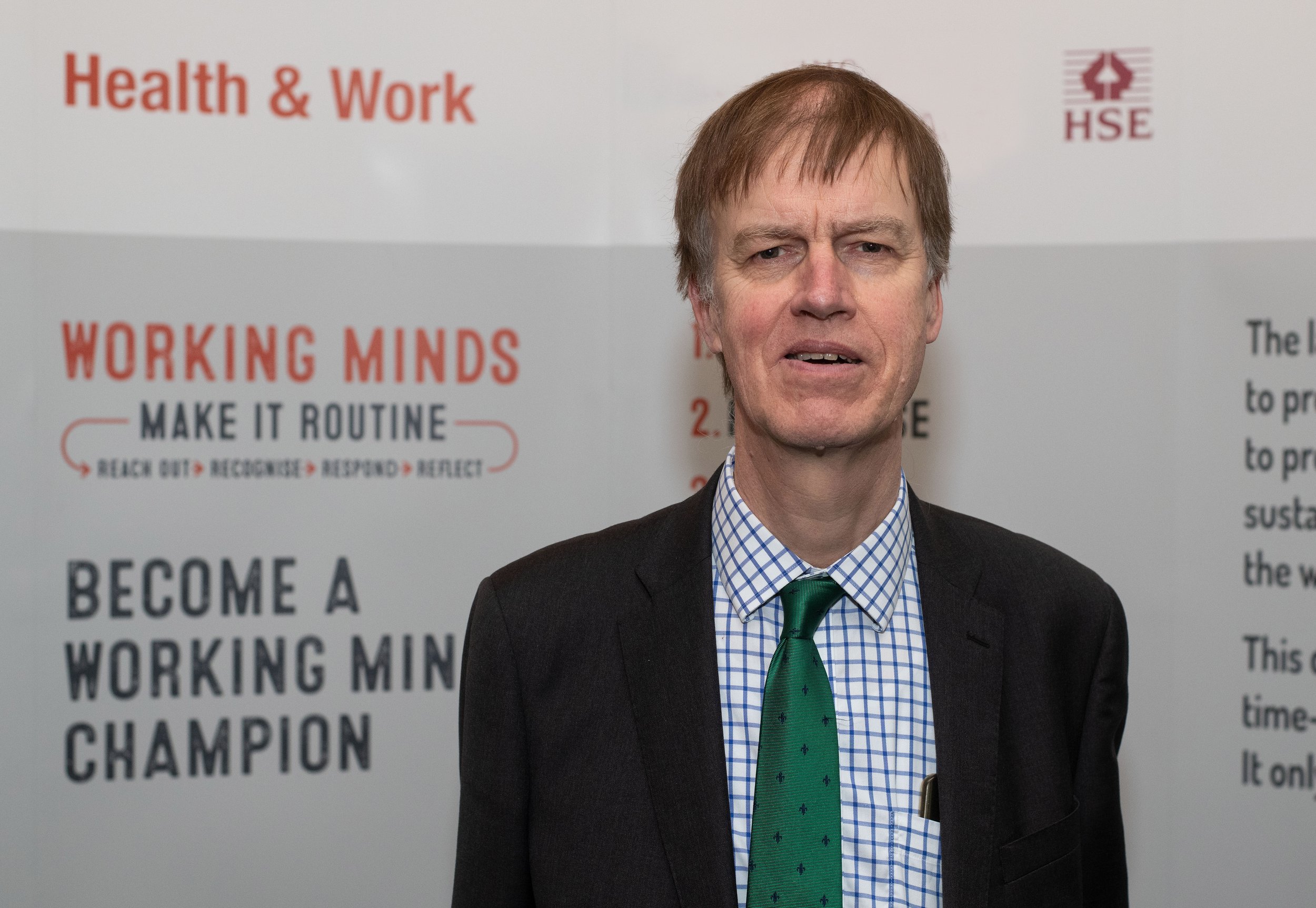Last week, Stephen challenged the Prime Minister on his claim that unemployment levels are now lower than since the start of the pandemic. Boris Johnson told Stephen he had corrected the record for this misleading claim, but there is no evidence of him doing so.
The Prime Minister has claimed repeatedly in the House of Commons that employment figures are up since the start of the pandemic. On 24 February, the Chair of the UK Statistics Authority - Sir David Norgrove - wrote to the Prime Minister challenging this assertion. His letter states “according to the latest ONS figures, it is wrong to claim that there are now more people in work than before the pandemic began: the increase in the number of people who are on payrolls is more than offset by the reduction in the number of people who are self-employed.” In fact, there are now around 600,000 fewer people in employment.
During questions to the Deputy Prime Minister on 16 March, Stephen highlighted Johnson’s misleading claim and asked if he accepted the correction from Sir David Norgrove. Then, on 30 March, Stephen asked the Prime Minister the same question during the Liaison Committee - which is a meeting between Select Committee Chairs.
Stephen reminded the Committee that Johnson has said in the House of Commons 9 times that the number of people in work is higher now than it was before the start of the pandemic. When questioned on whether he accepts that was claim was incorrect, the Prime Minister said “I think I have repeatedly and I think I took steps to correct the record earlier.”
There is, however, no evidence that the Prime Minister has corrected the record.
You can watch the full exchange below.











